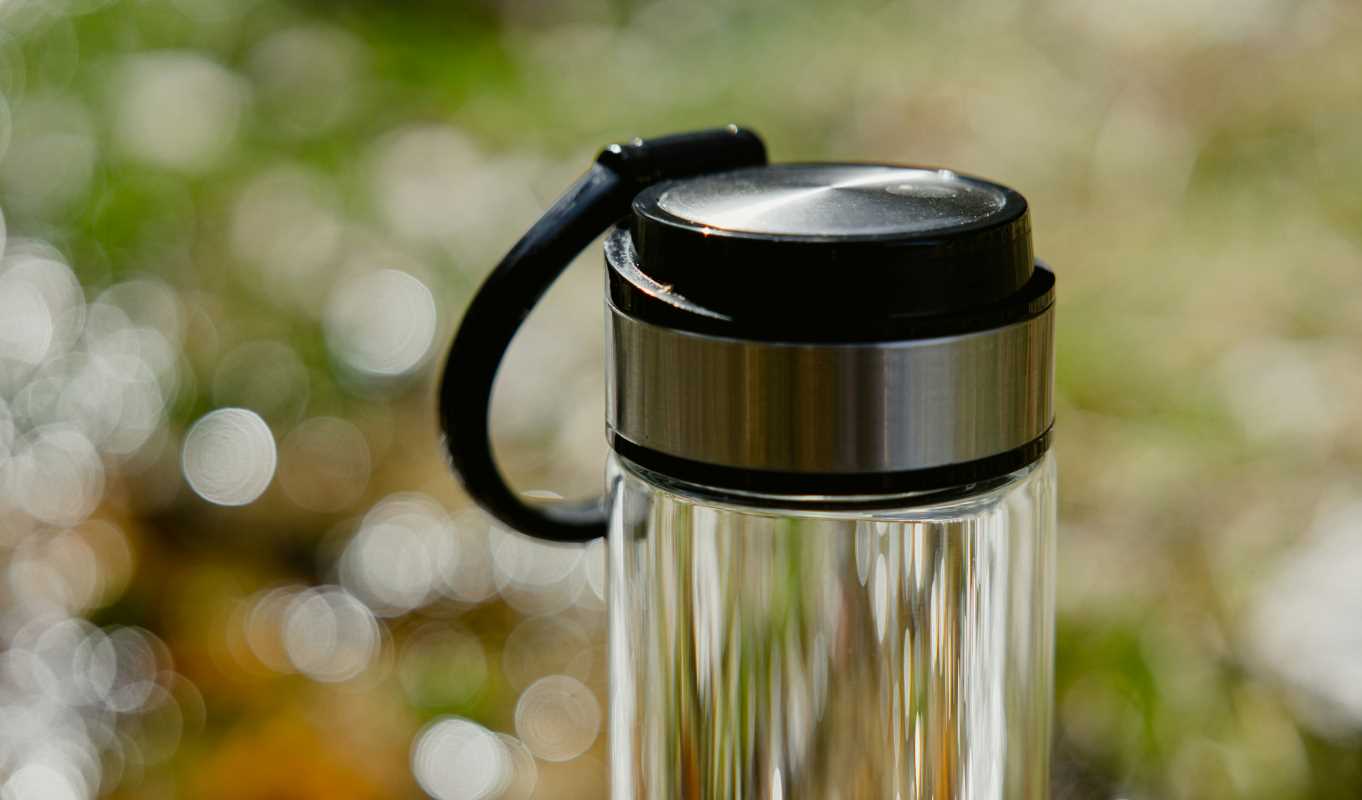Proper hydration is crucial for maintaining good health and well-being. Water is often referred to as the "elixir of life" for a good reason—our bodies rely on it to perform essential functions. From regulating body temperature to aiding in digestion, hydration plays a pivotal role in ensuring that our bodies function optimally. Despite its importance, many people do not prioritize drinking an adequate amount of water daily, which can lead to various health issues. Let’s explore why hydration is so vital and how it impacts our overall health, both internally and externally.
Internal Benefits of Hydration
Water is essential for many of the body’s internal processes. One of its primary roles is in regulating body temperature. Through sweating, the body releases excess heat, and water is the medium that facilitates this cooling process. Without sufficient water intake, the body may struggle to maintain an optimal temperature, leading to overheating and related health issues.
Another critical function of hydration is aiding digestion. Water helps break down food so that nutrients can be absorbed more efficiently by the body. It also plays a key role in preventing constipation by keeping the digestive tract moving smoothly. Inadequate hydration can lead to a sluggish digestive system, resulting in discomfort and potential health problems such as constipation or, in more severe cases, the development of kidney stones.
Nutrient transportation is another vital function supported by hydration. Water serves as a carrier for nutrients, delivering them to cells throughout the body where they are needed. This process is essential for maintaining energy levels, supporting immune function, and ensuring that all bodily systems are working effectively.
Furthermore, water is indispensable for flushing out waste products from the body. The kidneys rely on adequate hydration to filter waste and toxins from the blood, which are then excreted through urine. Chronic dehydration can impair kidney function, increasing the risk of kidney stones and other renal issues.
External Benefits of Hydration
Hydration is not only important for internal health but also for our external appearance, particularly the health of our skin. Proper hydration helps to moisturize the skin from within, giving it a radiant and youthful appearance. Skin cells, like all other cells in the body, are composed largely of water. When the skin is adequately hydrated, it appears plump, smooth, and less prone to wrinkles.
On the other hand, dehydration can lead to dry, flaky skin, which may exacerbate skin conditions such as eczema and acne. Without sufficient moisture, the skin’s barrier function can be compromised, making it more susceptible to irritants and environmental damage. Drinking enough water each day helps maintain the skin’s elasticity and resilience, contributing to a healthy and vibrant complexion.
In addition to skin health, hydration plays a role in maintaining healthy hair and nails. Just as skin cells require water to stay healthy, so do the cells that make up our hair and nails. Adequate hydration can prevent dryness and brittleness, promoting stronger and more resilient hair and nails.
Mental Benefits of Hydration
The benefits of hydration extend beyond physical health, significantly impacting our mental well-being. The human brain is composed of about 75% water, making it particularly sensitive to changes in hydration levels. Dehydration can affect cognitive function, leading to difficulties with concentration, memory, and focus. Studies have shown that even mild dehydration can impair mood and cognitive performance, causing symptoms such as irritability, anxiety, and difficulty concentrating.
Maintaining proper hydration is crucial for keeping the brain functioning at its best. When adequately hydrated, the brain can perform optimally, enhancing problem-solving abilities, memory retention, and overall mental clarity. For individuals in demanding environments—whether academic, professional, or personal—staying hydrated is essential for maintaining peak cognitive performance.
Athletic Benefits of Hydration
For those who lead active lifestyles or engage in regular exercise, hydration is particularly important. Physical activity increases the body's need for water, as fluids are lost through sweat. Failing to replenish these fluids can lead to dehydration, which negatively affects physical performance and increases the risk of heat-related illnesses, such as heat exhaustion or heatstroke.
Proper hydration before, during, and after exercise is crucial for maintaining endurance, preventing cramps, and reducing the risk of injury. Water helps regulate body temperature during physical exertion and ensures that muscles receive adequate nutrients and oxygen, allowing for optimal performance. For athletes, staying hydrated is key to achieving peak physical performance and recovering effectively after workouts.
Tips for Staying Hydrated
Given the importance of hydration, it's essential to adopt habits that ensure adequate water intake throughout the day. Here are some practical tips to help you stay hydrated:
- Carry a Water Bottle: Keep a reusable water bottle with you at all times as a reminder to drink water regularly.
- Set Reminders: Use your phone or a hydration app to set reminders to drink water at regular intervals.
- Infuse Your Water: If you find plain water boring, try adding slices of fruit, cucumber, or herbs like mint to enhance the flavor.
- Eat Water-Rich Foods: Incorporate foods with high water content, such as cucumbers, oranges, and watermelon, into your diet.
- Monitor Your Urine: A quick way to gauge your hydration level is by checking the color of your urine. Pale yellow indicates proper hydration, while dark yellow or amber suggests you need to drink more water.
- Listen to Your Body: Thirst is a sign that your body needs water, so don’t ignore it. Make it a habit to drink water when you feel thirsty.
The Bottom Line
The importance of hydration for overall health cannot be overstated. Water is essential for regulating bodily functions, maintaining healthy skin, supporting cognitive function, and optimizing physical performance. By prioritizing hydration and ensuring that we drink an adequate amount of water each day, we can support our overall health and well-being. Remember to listen to your body's signals and incorporate regular water intake into your daily routine. By doing so, you can enjoy the numerous benefits that proper hydration offers, from improved mental clarity to glowing skin and enhanced physical endurance. Stay hydrated and let water be the foundation of your health.
(Image via Unsplash)
 (Image via
(Image via





